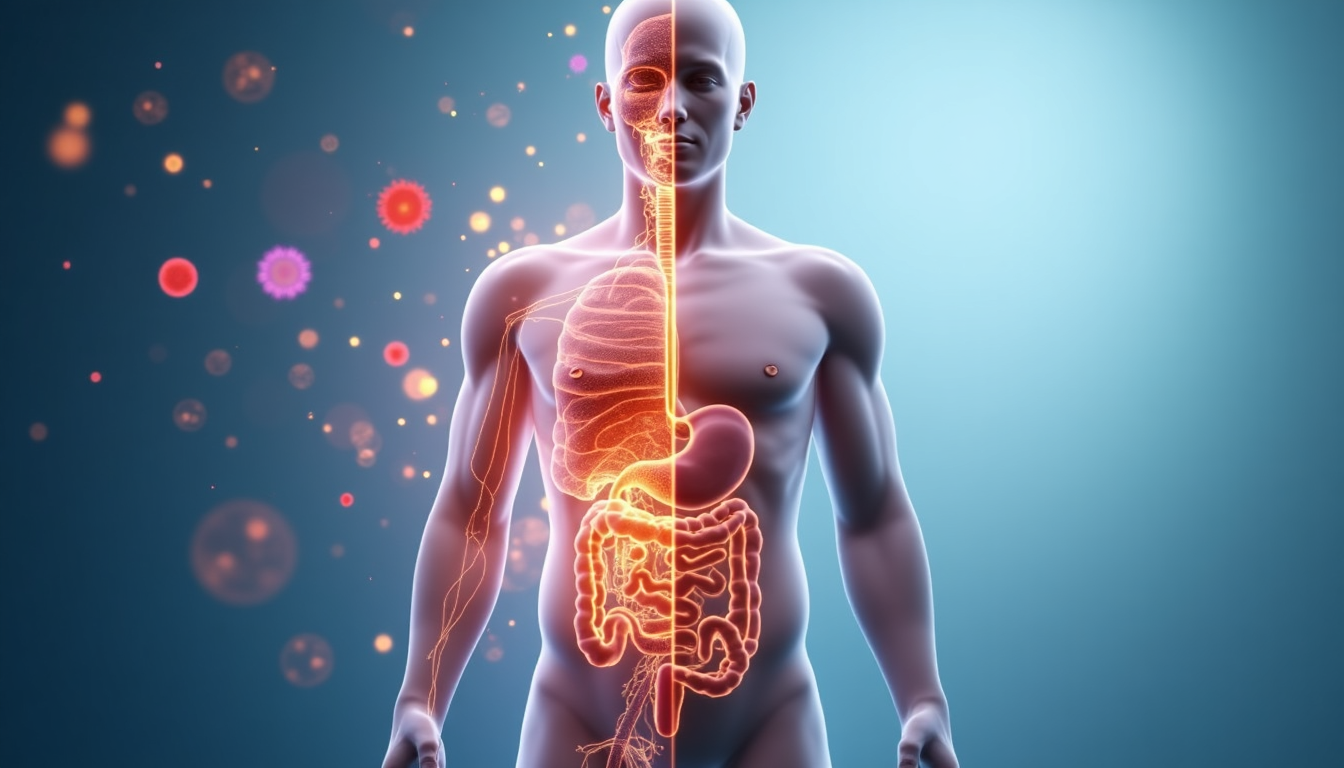
Hormone Imbalances and Sleep: Why Cortisol and Progesterone Matter
Hormone imbalance and sleep is often an overlooked relationship when considering sleep problems. Difficulty falling asleep, waking in the night, or feeling unrefreshed in the

A study published this month in The American Journal of Clinical Nutrition has demonstrated that Vitamin D3 is more effective than antiviral drugs in preventing children from contracting influenza A, which caused last year’s swine flu epidemic.
The randomised, double blind study, carried out in Japan by Dr Urashima and colleagues, gave children 1200IU/day vitamin D3 supplements or a placebo for 3 months. Influenza A occurred in 18 out of 167 (10.8%) children in the vitamin D3 group compared with 31 of 167 (18.6%) children in the placebo group. In children who also had asthma, attacks following flu ocurred in only 2 children in the vitamin D3 group compared to 12 children receiving placebo.
Antiviral drugs reduce the risk of flu infection by 8% in children who have been exposed to flu. These drugs are expensive and potentially toxic. This research shows, however, that vitamin D3 reduces the risk of infection by 50%, and it is believed to carry other benefits, such as strong bones and a reduction in cancer, heart disease, diabetes and depression.
Vitamin D3 is made from cholesterol when the skin is exposed to sunshine. In Britain, the sun is only strong enough for this to occur from March to September. During the winter, vitamin D3 is stored in the liver, but levels are depleted as the winter progresses. It is suspected that low blood levels explain why flu epidemics generally peak between December and March.
Vitamin D boosts immunity by activating the innate immune system, whereas vaccines enhance acquired immunity. The researchers suggest that both interventions may assist each other. Dr John Oxford, professor of virology at Queen Mary School of Medicine, London supports this view, suggesting that vitamin D may be given at the same time as the vaccine in the future.
Vitamin D3 is also gained in the diet from oily fish and eggs. Many foods such as cereals and butter substitutes are fortified with vitamin D3. Some individuals , especially vegetarians, may benefit from supplements, particularly during the winter months. However, as vitamin D is a fat soluble vitamin, high levels can be toxic. To find out more about vitamin D or to order a test to establish your vitamin D status, click here. Alternatively, to speak to someone at Smart Nutrition about vitamin D call 01273 775480 or click here to book a consultation online.

Hormone imbalance and sleep is often an overlooked relationship when considering sleep problems. Difficulty falling asleep, waking in the night, or feeling unrefreshed in the

‘Detox’ has become one of the most misunderstood concepts in modern wellness. For many people, it brings to mind juice cleanses, restrictive diets or short-term resets promising quick results. Yet the body’s true detoxification systems are far more complex — and far more intelligent — than any cleanse.

Anxiety and gut health are closely linked through the gut–brain axis. Research suggests the gut microbiome, neurotransmitters and genetics may influence stress responses and emotional well-being. Exploring gut microbiome and nervous system insights can help build a more personalised understanding of anxiety.

Strange symptoms can puzzle anyone. Your body might show signs ranging from headaches and skin rashes to digestive problems and anxiety. Doctors sometimes struggle to explain these mysterious health issues that affect millions of people worldwide.
Please do not return samples to the laboratories that may arrive after Wednesday 27th March and up to and including Monday 2nd April.
The laboratories are closed from the 28th March – 2nd April for the Easter Holiday.